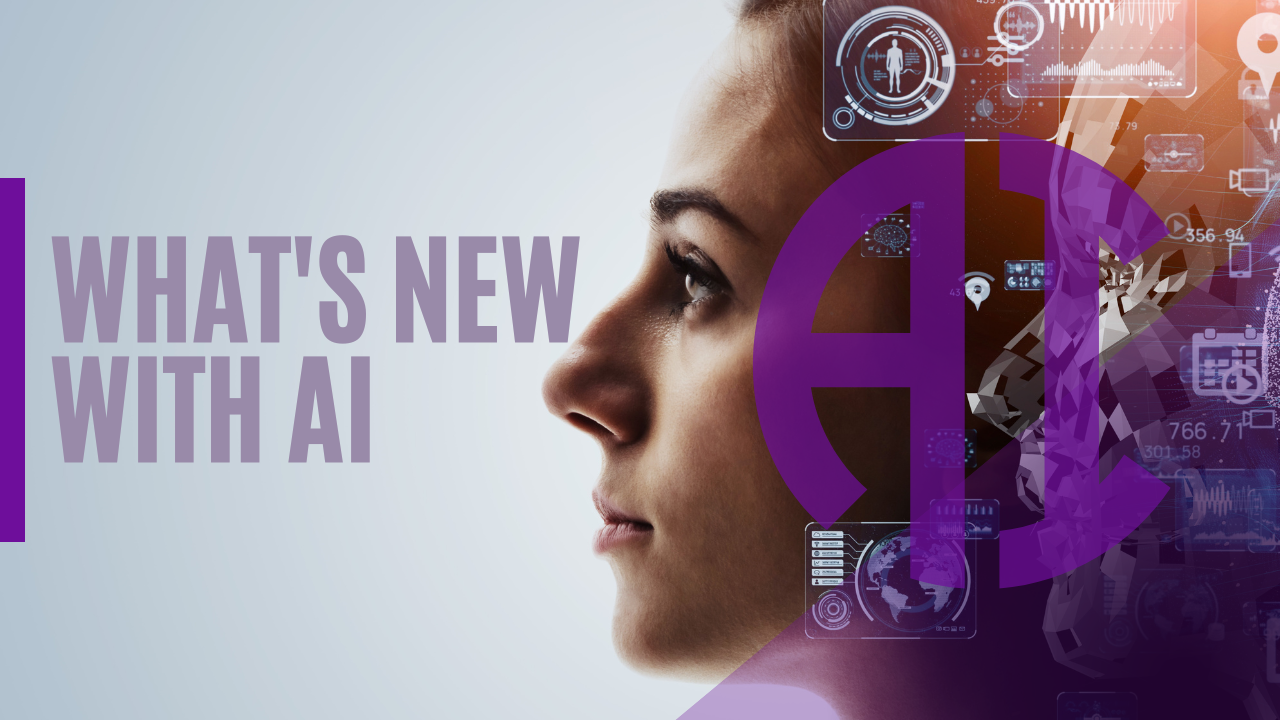
Artificial Intelligence (AI) is no longer a futuristic concept; it’s here, and it’s transforming the world as we know it. From the way we work to how we live our daily lives, AI is already making its mark. But what does the future hold as AI continues to evolve? In this post, we’ll explore how AI will impact both the future of work and everyday life, and why this shift matters for everyone.
AI in the Workplace
First and foremost, AI is set to revolutionize the workplace. One of the key ways AI will shape the future of work is through automation. Routine tasks like data entry, scheduling, and even customer service can be efficiently handled by AI-powered tools. This automation, in turn, will free up time for employees to focus on higher-value tasks that require creativity, critical thinking, and human empathy.
Moreover, AI can improve productivity by analyzing vast amounts of data in seconds, offering insights that would take humans days or weeks to uncover. Consequently, decision-making will become faster and more data-driven. For instance, marketing teams can use AI to predict trends and customer behavior, making their campaigns more effective. Likewise, industries like healthcare will see enhanced diagnostics and personalized treatment plans, thanks to AI’s ability to process medical data at lightning speed.
However, with these advancements, there’s concern about job displacement. While AI will eliminate some jobs, especially those involving repetitive tasks, it will also create new roles. In fact, jobs requiring AI management, data analysis, and tech development are expected to rise. Therefore, the future of work will likely shift towards roles that require a blend of technical skills and human touch.
AI in Daily Life
Beyond the workplace, AI is already playing a role in our everyday lives, and this will only increase in the future. From virtual assistants like Siri and Alexa to smart home devices, AI is seamlessly integrating into our routines. These technologies make life easier by handling tasks such as setting reminders, managing our schedules, and even adjusting home temperatures.
Moreover, AI is enhancing entertainment. Streaming services like Netflix and Spotify use AI algorithms to recommend movies, shows, or music based on your preferences. As AI becomes more sophisticated, it’s likely that entertainment will become even more personalized, offering experiences uniquely tailored to each user’s taste.
Furthermore, AI will have a significant impact on healthcare. In the future, AI could be used to predict illnesses before symptoms even appear, revolutionizing how we approach preventive care. Additionally, AI-driven robotics may assist in surgeries, increasing precision and lowering the risk of complications.
Challenges and Ethical Considerations
Despite the many benefits AI brings, it’s important to address the potential challenges and ethical concerns. For instance, privacy is a major issue. As AI systems collect and analyze vast amounts of data, ensuring this information is secure will be crucial. Moreover, there are concerns about AI making biased decisions, especially in areas like recruitment or law enforcement, where fairness and objectivity are essential.
Additionally, as AI becomes more embedded in our lives, there will be a need for clear regulations to govern its use. Governments and organizations will have to work together to ensure that AI is developed and applied responsibly, safeguarding both society and individuals.
Preparing for the Future
In conclusion, AI will undeniably shape the future of work and life. While there are challenges to address, the opportunities are immense. To thrive in this new AI-driven world, individuals and businesses alike must be prepared to adapt. This means embracing lifelong learning, developing new skills, and staying informed about how AI is changing industries.
As AI continues to evolve, its impact will only grow, transforming the way we work, live, and interact with the world. The future is bright, but only if we navigate these changes thoughtfully and responsibly.

